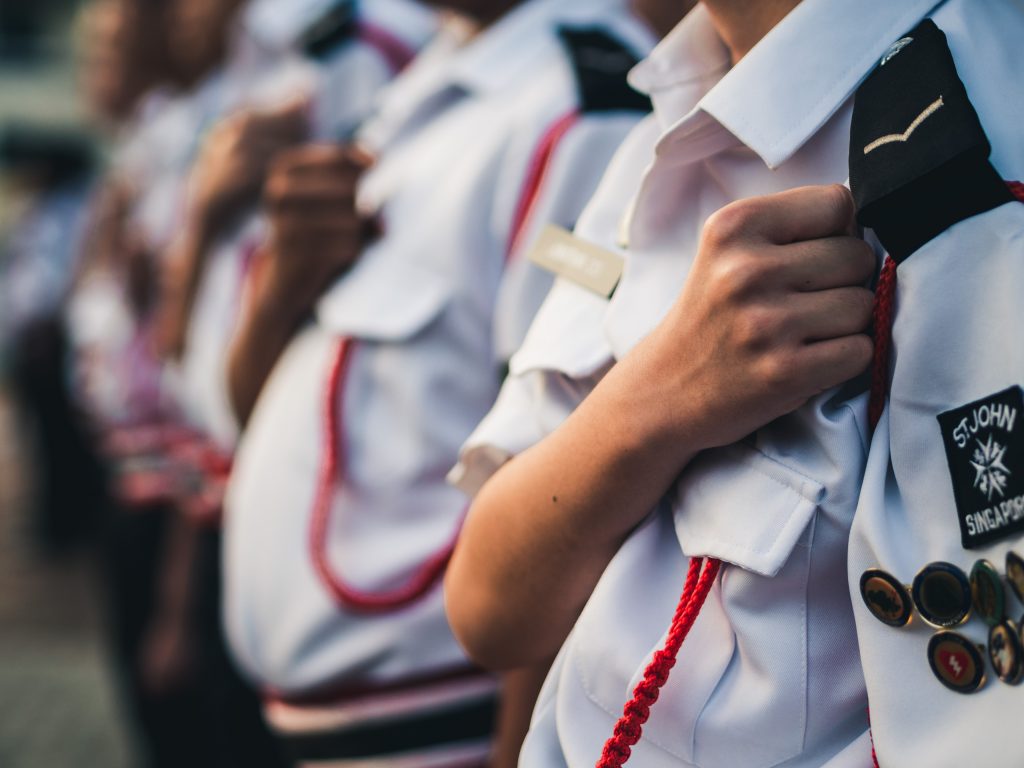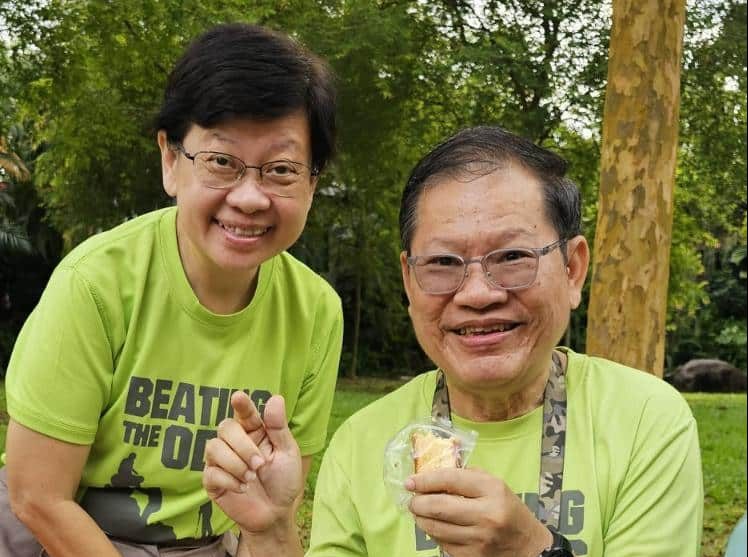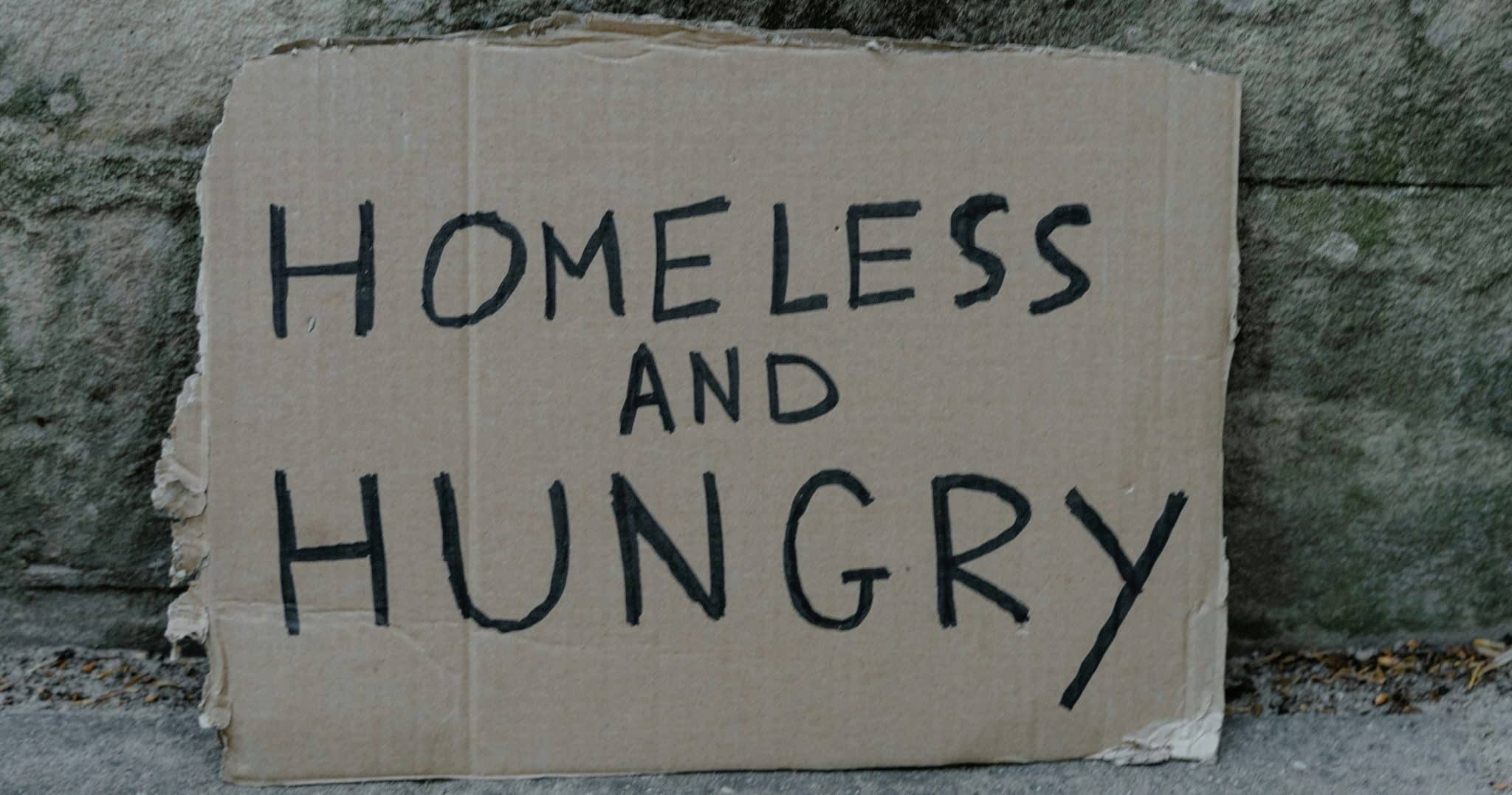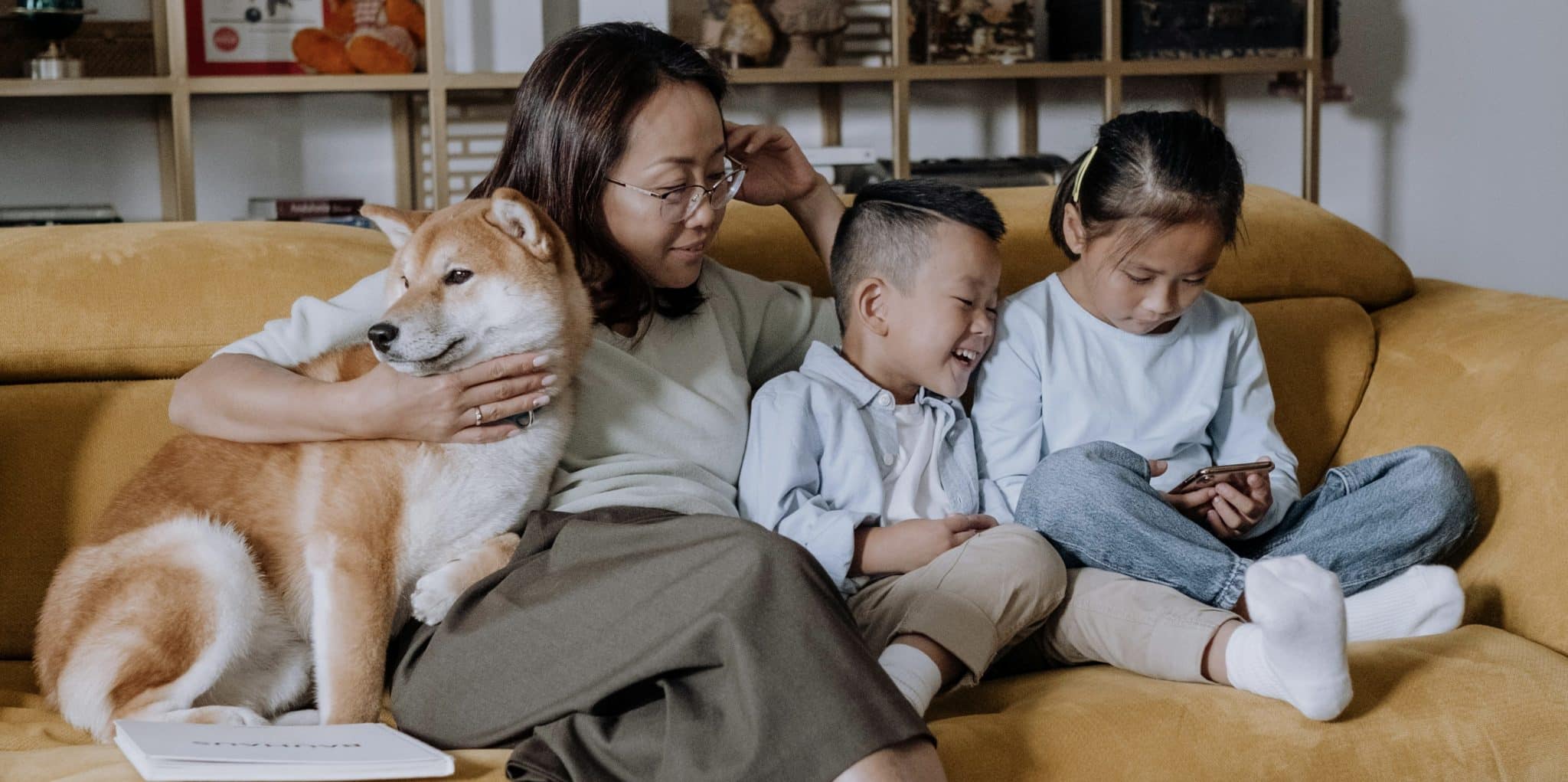
Goh Rhy Yan/Unsplash.com
Six years ago at the National Day Rally 2012, our Prime Minister gave an excellent message which, to me, was at once pastoral and prophetic. He invited Singaporeans to build A Home with Hope and Heart.
He called us to think about the future. What kind of Singapore do we want in 20 years’ time?
Well, that got me thinking, and led me to one conclusion: The Singapore we have in the future is very much defined by the kind of people we choose to be today.
A national dream as noble as A Home with Hope and Heart is really about the character of a people. And when it comes to character, we cannot escape the issue of relationship – how we relate, and how we treat one another.
Shortly after, a thought leader on societal transformation came to town.
Without mincing words, he put reality in our face: Singapore is materially rich but relationally poor.
Without mincing words, he put reality in our face: Singapore is materially rich but relationally poor.
I was stunned. This guy aptly described my emotions, which I had no words for up until that moment.
I thought long and hard. I prayed. The guy is right. Human dignity is best measured in terms of healthy, wholesome relationships.
As a society, we have become so materialistically obsessed that we have neglected this basic truth that makes life meaningful. We have devalued this core principle that makes a city flourish and a nation great.
True, we live in a beautiful First World city. We have one of the highest GDPs in the world.
But if our personal relationships are mostly cold and conflicting, what’s the point? Life loses its meaning. Life becomes miserable, not worth living.
Think about our multi-racial, multi-religious society. Being relationally poor is a threat in itself, a national liability.
The chances of misunderstanding and mistrust are huge. And this increases the likelihood of giving offence, taking offence and holding grudges.
Jesus says: If you enter your place of worship and, about to make an offering, you suddenly remember a grudge a friend has against you, abandon your offering, leave immediately, go to this friend and make things right. Then and only then, come back and work things out with God. (Matthew 5:23-24 The Message)
In short, it matters not who’s right or who’s wrong. But it matters that we do the right thing. And that is to mend the broken relationship, first and foremost.
If not, resentment can deepen, often to the point of contempt. Anger can get out of control, often to the point of revenge.
One counsellor likened a grudge to a bag of toxic waste we drag around. Ephesians 4:26 says: Do not let the sun set upon your anger. But for some of us, we are still holding the grudge and simmering in unforgiveness many sunsets later.
In light of recent research, unforgiveness is now classified medically as a disease. Counsellors tell us that healing begins as soon as a person forgives. But when a person refuses to forgive, the disease progresses.
We are an endangered society if we continue to be materially rich but relationally poor!
Early in my ministry training, I did a three-month stint as a volunteer in a Californian mental hospital. I befriended a patient whom we shall call Susie.
To me, she was a clone of Julie Andrews – her hair, her eyes, her nose and even her height. Once upon a time, Susie was a New York Philharmonic pianist. But now her life was wrecked through a deep-seated resentment she held against a guy who had broken her heart.
Susie’s toxic emotions resulted in many meltdowns which eventually landed her in the mental hospital. It was so painful to watch her. One moment she would be as happy as a lark, doing her magic on the keyboard, singing: “The hills are alive with the sound of music.” The next moment, she would be throwing her fits in uncontrollable rage.
I was terrified. I was shaken. I was awakened. I witnessed the demons of bitterness devastate a young life that had once brimmed with promise.
On hindsight, I see that stint as a divine set-up. I discovered that 80% of the cases in that hospital were related to unforgiveness. It opened my eyes to the destructive power of anger and resentment. More than that, God wanted me to feel His broken heart for broken humanity.
As we begin a new year, it is wise to pause and reflect on our web of personal relationships. How are we doing at home, at work, at church, in the community?
Being occasionally irritated by someone’s uncalled for remarks or selfishness is normal. The triggers are everywhere! But bitter indignation is devastatingly different from occasional irritation.
Will we forgive those that have hurt us? Will we reconcile and love again? Conflicting issues may never be fully settled. But wounded relationships can and must be repaired.
We can choose to love again even though we do not see eye to eye on the issues. We can agree to disagree, lovingly and respectfully. Blessed are the peacemakers, for they shall be called the sons of God (Matthew 5:9).
And the choice we make in 2018 will define the kind of Singapore we leave behind for future generations. Will it be a toxic environment of hate and anger? Or a healing environment of grace and mercy?
I pray that we will all honour Christ, the greatest Reconciler in history, by choosing to forgive and to reconcile. Because to forgive is Christ-like. To reconcile is our message and our ministry.
Reconciliation is spelt GOD. God is Love. And love is A Home with Hope and Heart.
We are an independent, non-profit organisation that relies on the generosity of our readers, such as yourself, to continue serving the kingdom. Every dollar donated goes directly back into our editorial coverage.
Would you consider partnering with us in our kingdom work by supporting us financially, either as a one-off donation, or a recurring pledge?
Support Salt&Light



